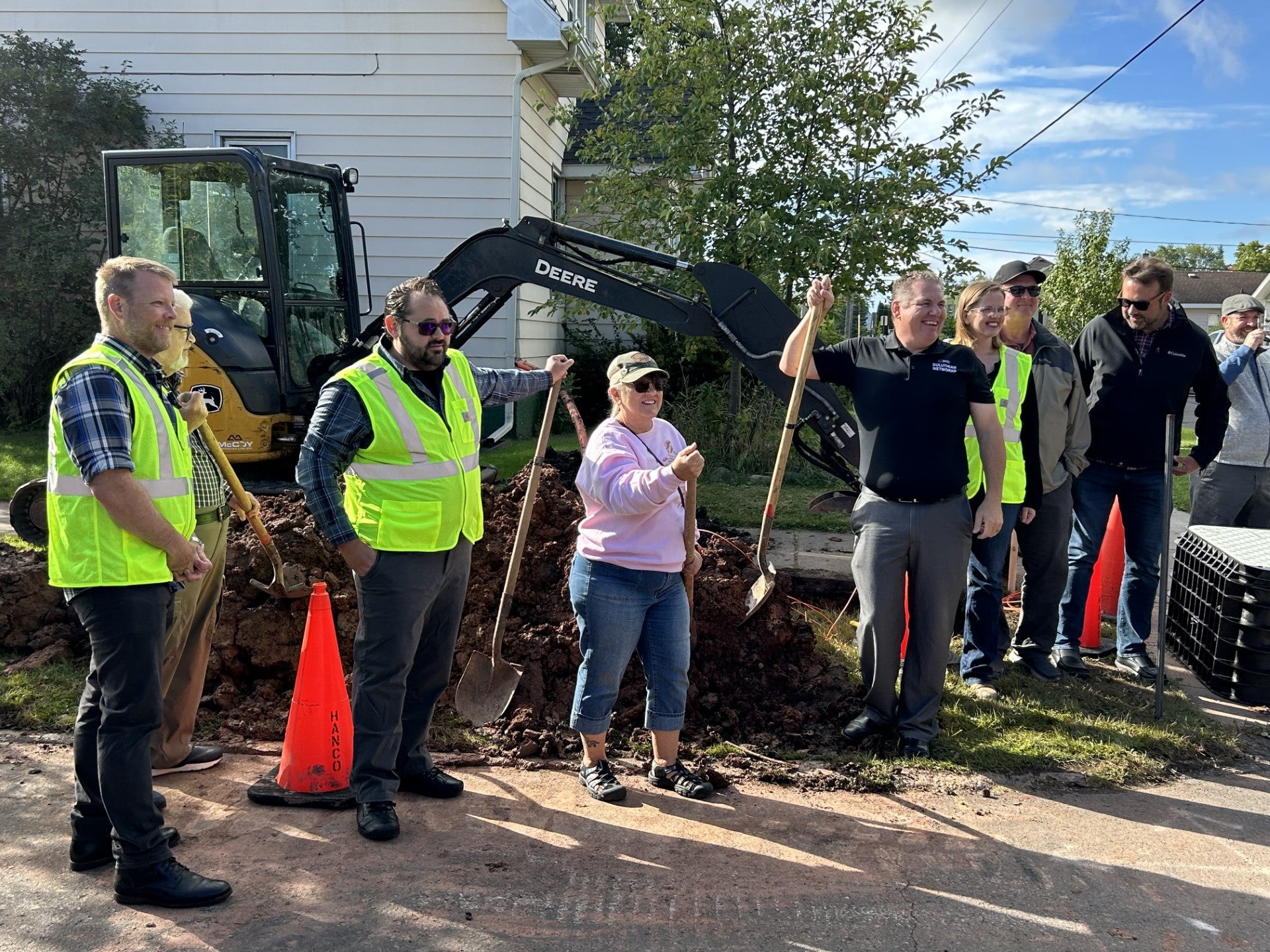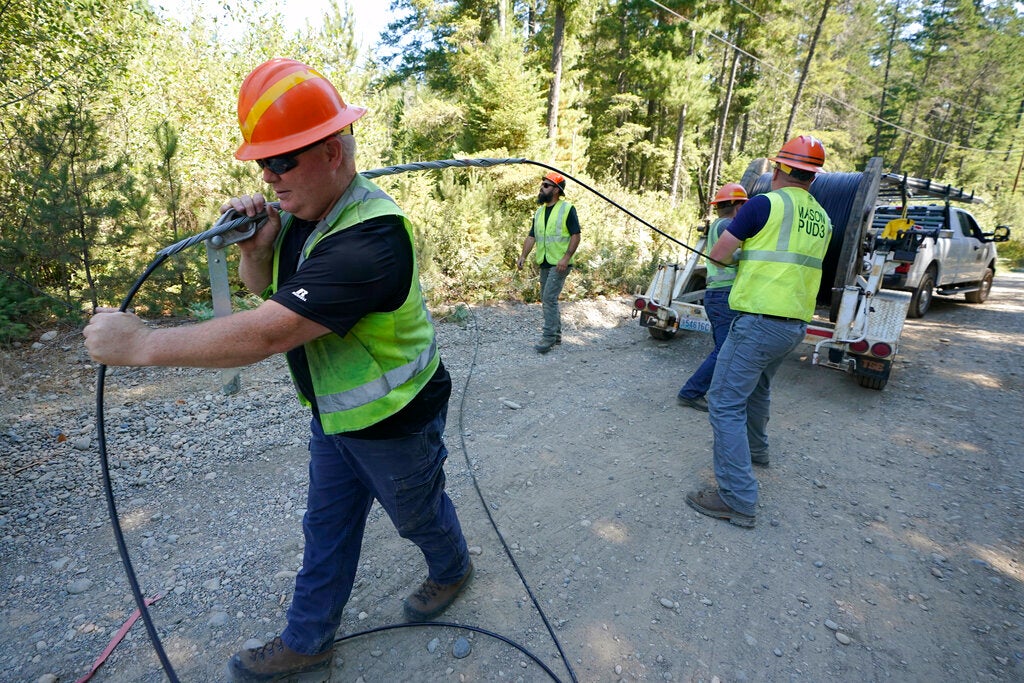Madison’s three Internet service providers — Charter Communications, TDS Telecom and AT&T — mainly use telephone wires to get their users online. But some city officials want to develop an underground alternative: a fiber optic cable system.
Such systems have been installed in cities like Chattanooga, Tennessee and Kansas City, Missouri, and have been applauded for their increased reliability, speed and security.
People interested in the service would pay to get the cable extended directly to their home or business. However, cables can only be extended to areas where there is sufficient demand.
News with a little more humanity
WPR’s “Wisconsin Today” newsletter keeps you connected to the state you love without feeling overwhelmed. No paywall. No agenda. No corporate filter.
University of Wisconsin-Madison telecommunications professor Barry Orton said a public fiber network would go beyond just improving Madison’s Internet speed and access.
“We look at it as an economic development tool that would allow cities who do this to compete for information-based businesses in a more robust way,” said Orton, who also chairs the citywide broadband subcommittee of the Madison Digital Technology Committee.
But Bill Esbeck, the executive director of the Wisconsin State Telecommunications Association, which lobbies on behalf of the state’s Internet providers, said he thinks a fiber optic network in Madison is unnecessary.
“You would be overbuilding what already exists and is already available from the private sector,” Esbeck said.
Orton said he expects the private telecommunications companies to speak out against the proposal. However, he believes the federal government is in favor of municipal Internet service.
“Both the president and the (Federal Communications Commission) have said that Internet and broadband services is more like electricity, like a public utility like water, not as much as a private luxury,” said Orton.
A feasibility report for the project will be completed in June. If approved by the Madison Common Council, construction would begin in the next two years.
Wisconsin Public Radio, © Copyright 2025, Board of Regents of the University of Wisconsin System and Wisconsin Educational Communications Board.







